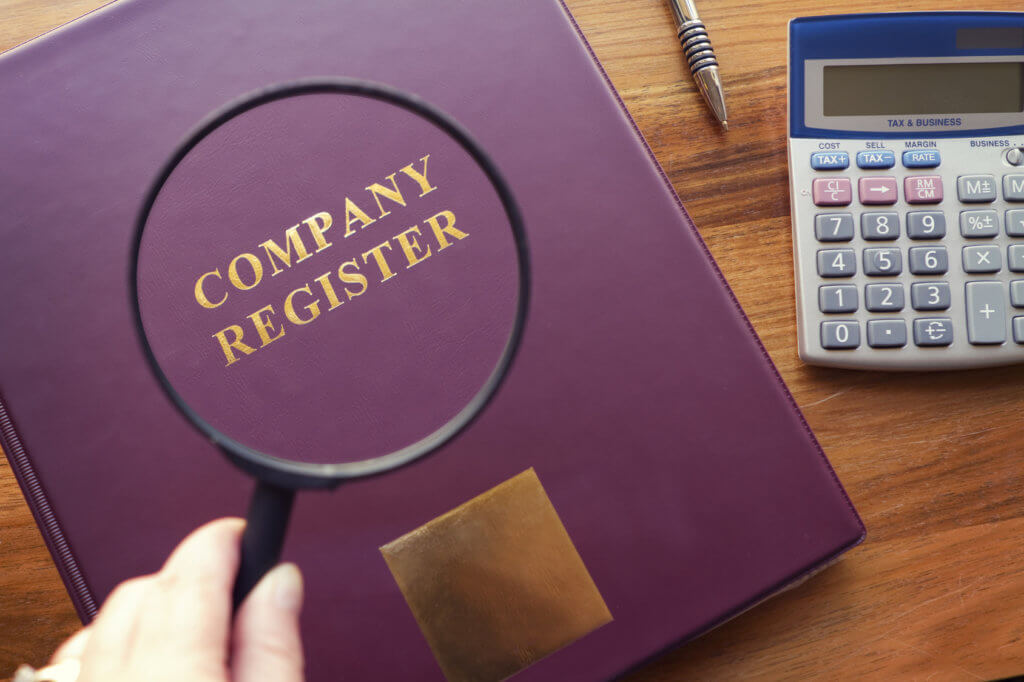When starting a business there are many decisions to make. Deciding the legal structure for Register Company Australia is vital and it is common to choose a company structure; as this provides a number of benefits including asset protection and greater access to finances. It is important to seek professional advice when making this important assessment.
If you decide that a company structure is best for your business you will need to undertake the process of registering a company and you need to understand your responsibilities.
Let’s take a look at the main procedure of this:
First of all, you will need to register a name that is different from other business names already registered with ASIC; a number of online company registration service providers will help you check available names. The company registration occurs when ASIC accepts the business name submitted and issues a unique nine digit Australian Company Number (ACN) – the number which must appear on public documents and cheques used by the company.
An Australian registered company must have a registered office in Australia where communications and notices relating to the company can be sent, however, your office does not need to be open to the public. ASIC must be notified of this address at the time of company registration and at any time the location changes.
Registering the company with up-to-dated rules
It is also important to ensure that the company register is continually kept up to date. This register is a living document that needs to be reviewed and updated whenever a change occurs. While ASIC maintains company details of business since company registration, it is expected that the business also holds a comprehensive and detailed register.
On the anniversary of the company registration, ASIC requires each company to confirm its details against its own records. This is done by an Annual Company Statement, which is an extract of company details held on ASIC’s database, which is provided to the company for review.
Directors of a company manage the business on behalf of its owners, the shareholders. The directors may in fact also be shareholders of the company, but do not need to be. They are formally appointed by the shareholders.
Ownership of a company is made by way of shareholding; there must be at least one shareholder. One of the main advantages of Register Company Australia for small business operators is that the shareholders of the company are not liable for the debts of the company, so the liability of the shareholders is limited.

